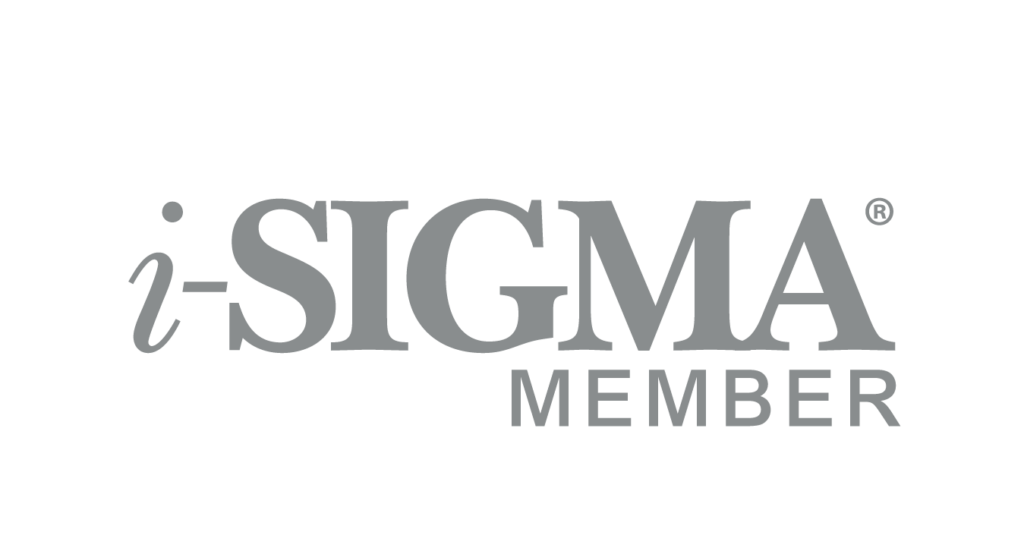The protection of personal information has become more important than ever. The vast amount of data we generate and share has led to an urgent need to understand and safeguard the types of documents that contain private information. From financial records to medical files, sensitive data can be found in a multitude of documents that, if mishandled, could have severe consequences. In this article, we’ll explore some common types of documents that contain private information and delve into why they require special attention when it comes to privacy protection.
#1. Financial Records:
Bank statements, tax returns, investment portfolios, and loan applications are just a few examples of documents containing highly sensitive financial information. These documents often include details such as Social Security numbers, account numbers, and income information. Identity theft and financial fraud are real threats if these documents fall into the wrong hands.
#2. Medical Files:
Medical records contain an incredible amount of private information, including diagnoses, treatment plans, prescription histories, and lab results. Ensuring the confidentiality of medical documents is crucial for maintaining patient trust and protecting individuals from the threat of crimes associated with the unauthorized use of protected health information.
#3. Legal Documents:
Legal documents encompass a wide range of sensitive information, from contracts and wills to court records and divorce papers. These documents often contain personal details, financial agreements, and legal proceedings that must remain confidential to protect the rights and interests of the individuals involved.
#4. Employment Records:
Employee files, including resumes, employment contracts, and performance reviews, contain personal information such as addresses, phone numbers, social security numbers, and salary details. Unauthorized access to this information could lead to identity theft, privacy breaches, and even workplace harassment.
#5. Educational Records:
Transcripts, academic evaluations, and financial aid applications are part of educational records that contain personal data. Protecting these documents is crucial for maintaining privacy, preventing academic fraud, and ensuring that individuals’ educational journeys are not compromised.
#6. Personal Correspondence:
Emails, letters, and messages contain personal conversations and details that should remain private. In an age of electronic communication, the security of these exchanges is paramount, as they can reveal intimate aspects of individuals’ lives.
#7. Government-Issued Documents:
Passports, driver’s licenses, and national identification cards are essential government-issued documents that contain a wealth of private information. Identity theft or misuse of these documents can lead to severe consequences, including unauthorized travel and fraudulent activities.
#8. Social Media Data:
While not traditional documents, the content shared on social media platforms often contains personal information, including photos, location data, and personal preferences. This data can be used by cybercriminals to create detailed profiles for targeted attacks.
Protecting Private Information Within These Types Of Documents Requires A Multi-Faceted Approach:
Encryption
Employ strong encryption methods to ensure that even if unauthorized access occurs, the information remains unreadable.
Access Control
Limit access to sensitive documents only to authorized individuals. Implement secure authentication methods and user roles to control who can view, edit, or share documents.
Secure Storage
Utilize secure storage solutions, both physically and digitally, to prevent unauthorized access or theft.
Regular Auditing
Conduct regular audits to track who has accessed sensitive documents and when. This helps in identifying any unusual or unauthorized activities.
Employee Training
Educate employees about the importance of privacy protection and train them on best practices for handling sensitive information.
In a world where information is the new currency, safeguarding personal data has never been more important. By understanding the types of documents that contain private information and implementing robust security measures, we can ensure the privacy and security of individuals’ sensitive data. Whether it’s financial, medical, legal, or personal correspondence, the responsibility to protect private information falls on individuals, organizations, and governments alike.
By
James Dowse CSDS


